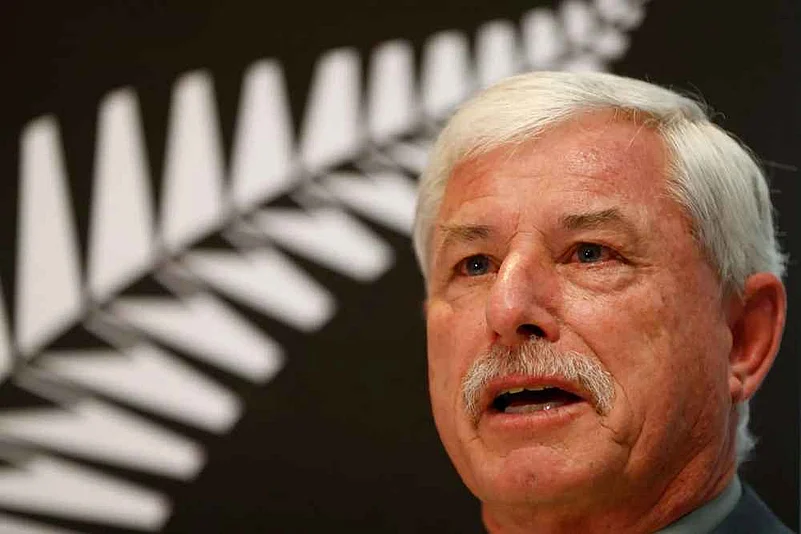Kapil Dev, Sir Richard Hadlee, Imran Khan, Ian Botham. They were the Mount Rushmore of cricket in terms of allround greatness. (More Cricket News)
Dev was a natural athlete. He did not lack for effort either. His overall approach to cricket, like that of Virender Sehwag or K Srikkanth, was relatively uncomplicated.
Therefore, he wore the demands of the game lightly. In a 16-year-career, in which he played 131 Tests, he did not miss a single Test due to injury.
Dev is just the personality type that would find it hard to empathise with mental health matters. At a recent event, he said, “If a player has passion [to play], there will be no pressure. I can’t understand these American terms, like depression. I’m a farmer and we play because we enjoy the game, and there can’t be any pressure while enjoying the game.”
Advertisement
It did not occur to Dev that passion and pressure often co-exist. In fact, an athlete, or any professional with some talent, occupies three inter-linked states of being – feeling passion for their work, having ambitions and feeling pressure. The ambition to excel, to prove yourself, almost always leads to fear of failure, which results in pressure. The biggest of stars have faced it.
Dev also forgot social media. There was none in his time. A player did not have to suffer online abuse from millions. There were no hysterical TV channels either, questioning every move of the Indian team.
Advertisement
Dev might be India’s greatest cricketer, but there were occasions when he would have been trolled had social media existed then. Towards the end of his career, it was an open secret that he was in the team mainly to get to the world record for most Test wickets (the mark of 431 set by Hadlee).
He was laboring along. In his last 14 Test innings – from November 1992 to March 1994 – Dev took more than two wickets in an innings only on two occasions.
Selectors were relieved once he got the record. But, it recently came to light that Dev still wanted to play two more years. Former Indian opener Anshuman Gaekwad, who was a selector then, then convinced him to close the chapter.
Recently, at a function in Mumbai, Gaekwad recalled the episode. According to him, he told Dev, “The selectors feel that you should retire now. I think you also agree with that. You can choose your farewell game as per your preference, but you should call it a day.”
To Dev’s credit, he agreed.
So, for Dev to say that a contemporary player should not play the IPL if he feels pressured by it is smug and simplistic.
Now, to the “American term” called “depression”, and the Mount Rushmore bunch mentioned above.
Dev could remind himself that Hadlee suffered depression, and of such severity that he thought of ending it all at just age 32.
Advertisement
Hadlee’s condition was triggered by exhaustion, caused by his increasing commitments and fame, around 1983.
"I had no desire or strength to train or run a lap of the park. I was mentally and physically exhausted,” Hadlee said in an interview to stuff.co.nz. "Some of the symptoms I had were headaches, heart palpitations, dizzy spells, total negativity to everything.
“As time went on you have a lot of self-doubt and you start thinking very negatively and questioning the will to live.”
Endless demands on his time led him down a slippery slope, Hadlee said. And he took the blame for becoming a “yes man”.
Advertisement
"A lot of people would want you to do things: `Can you appear here? Can you do this? Can you do that?' You didn't want to let them down. And so being a `yes' man, you are on a plane going up and down the country appearing in three or four events a day,” he said. “Then it starts to get on top of you and boy, you get into a real hole.”
It could be said that Hadlee had a bit of selfish interest in taking on so many engagements in the first place. But that does not take away from the legitimacy of his condition.
Advertisement
Hadlee’s healing came from having a support group, taking a break and then coming back by setting small goals for himself.
It is unlikely anyone said to him, “I can’t understand these American terms like depression.”




















